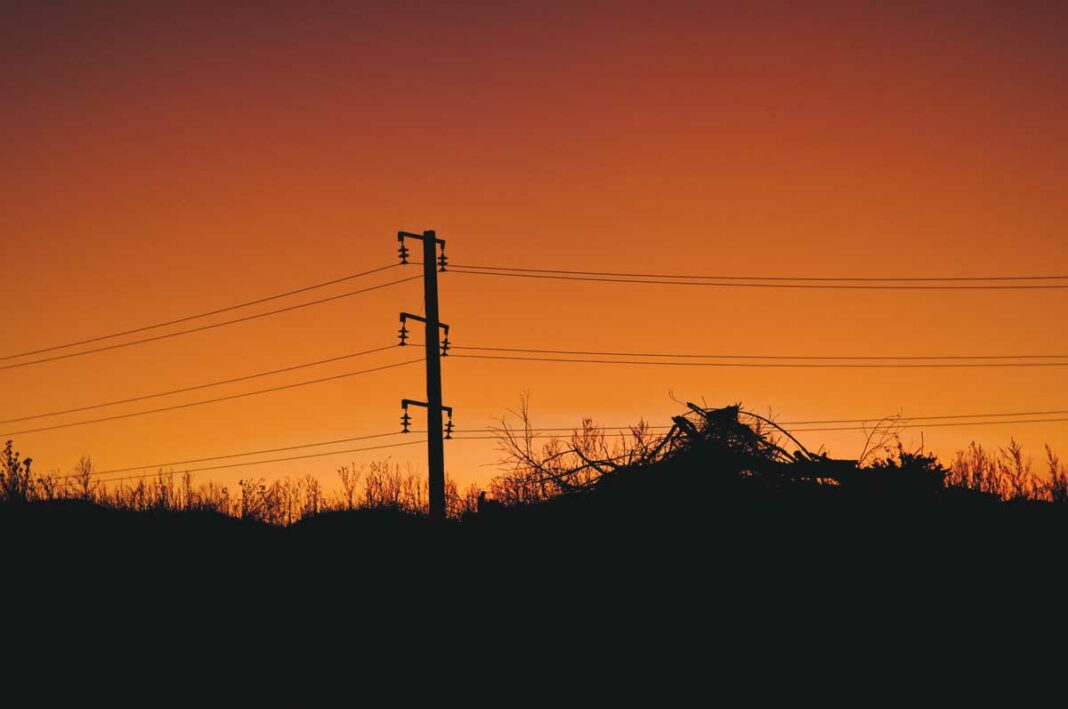New Year, Old Problems
With the start of a new legislative session, state lawmakers last week scrambled to introduce bills aimed at tackling some of California’s largest problems.
- North Bay Assemblymember Marc Levine introduced a bill to increase state oversight of PG&E during its recovery.
- Sen. Scott Wiener (D-San Francisco) re-introduced a bill aiming to boost housing-density requirements along transit lines throughout the state. Wiener has introduced the proposal, Senate Bill 50, twice before in different forms. Last year, a proposal by Sen. Mike McGuire (D-Healdsburg) led to a carve-out for smaller communities throughout the state, including many in the North Bay.
PG&E Proposals
With the new year underway, California lawmakers are introducing new means for dealing with PG&E, the state’s largest—and most dangerous—utility.
In his budget announcement on Friday, Gov. Gavin Newsom offered yet another threat to the utility. Newsom said he is ready to “break the glass” on a plan to take the utility public. However, he stopped short of going beyond tough talk.
What will happen to PG&E is still up in the air, but plenty of people are watching eagerly.
In the past few weeks, numerous banks and financial analysts upgraded their stock rating for PG&E’s publicly-traded parent company, PG&E Corporation. For instance, in a recent report, CitiGroup upgraded the company from a “sell” rating to a “neutral” rating.
There is plenty of reason to expect this to be a banner year for PG&E legislation, and not only because last year’s Assembly Bill 1054 sets a June 30 deadline for PG&E to exit bankruptcy.
Most lawmakers still seem partial to solutions that ensure that PG&E remains a private company.
“Ensuring that PG&E remains an investment-grade company” is a focus of Sen. Bill Dodd (D-Napa), Utility Dive, an industry publication, reported last week.
“If you don’t have a strong, financially viable utility, you’re not going to have the investment there that allows them to do the things they need to do,” Dodd, who has led many of the legislative efforts to regulate PG&E and wildfire recovery over the past two years, told the publication.
Dodd will also consider other options—including “cooperativization [and] municipalization”—in order to “make the best decision for ratepayers.”
On Friday, Jan. 6, Levine formally introduced legislation to install an “adult in the room” to oversee PG&E’s management team.
First announced in November during a break between legislative sessions, Levine’s bill would allow the California Public Utilities Commission (CPUC) to appoint a temporary auditor to oversee the utility’s operations.
“PG&E has proven themselves incapable of prioritizing public safety over corporate profits … Assembly Bill 1847 will help all utilities refocus their priorities on safety and increase needed public confidence in essential electrical utility services,” Levine said in a statement announcing the legislation.
AB 1847 would require the CPUC to conduct an independent analysis of PG&E’s financial health, the reliability of the utility’s infrastructure and its safety record. If the utility failed the tests, the CPUC could install a public administrator for six months. If PG&E failed the tests again, the public administrator’s term could be renewed.
Levine voted against both Senate Bill 901 and Assembly Bill 1054, two pieces of legislation that will guide the state’s utility’s through the post-wildfire period. Levine—and other critics—called both bills “bailouts” for PG&E.
But, as with many current proposals to increase regulation, Levine’s proposal ignores a crucial consideration: lax oversight by state regulators helped allow PG&E’s infrastructure to get into the sorry—and dangerous—state it is in today. Should the CPUC be given yet another oversight role?
Housing Bill Returns
Wiener unveiled the latest version of Senate Bill 50, legislation intended to boost the amount of housing produced throughout the state.
Wiener has amended the legislation several times in just over one year, due to pushback from the bill’s opponents.
At a press conference in Oakland on Tuesday, Jan. 7, protestors chanted over Wiener as he attempted to describe the latest amendments.
The legislation—which critics argue would create predominantly market-rate housing, potentially displacing current residents—has come to represent a dividing line between housing activists.
The pro-development types tend to argue that more development will lift all boats. The bill’s opponents argue that the bill doesn’t require enough affordable housing.
But Wiener’s latest amendments seem aimed at quelling local governments’ concerns.
“The amendments create a two-year delayed implementation period for the legislation, allowing cities to craft their own alternative plans that meets the goals of SB 50,” reads a statement from Wiener’s office. “If state agencies confirm that a city’s proposed alternative plan is sufficient, then the alternative plan will govern at the end of the two-year delayed implementation.”
Last spring, McGuire won a major amendment to Wiener’s proposal. In a bid to protect smaller suburban cities from the full requirements of Wiener’s proposal, McGuire introduced a competing housing-density bill calling for lower levels of density in some parts of the state than Wiener’s SB 50 proposed.
“My bottom line has always been one-size-fits-all approaches simply don’t work,” McGuire said at the time.
The current version of SB 50 lists McGuire as a co-author. The Senate must approve the current version before Friday, Jan. 31.








